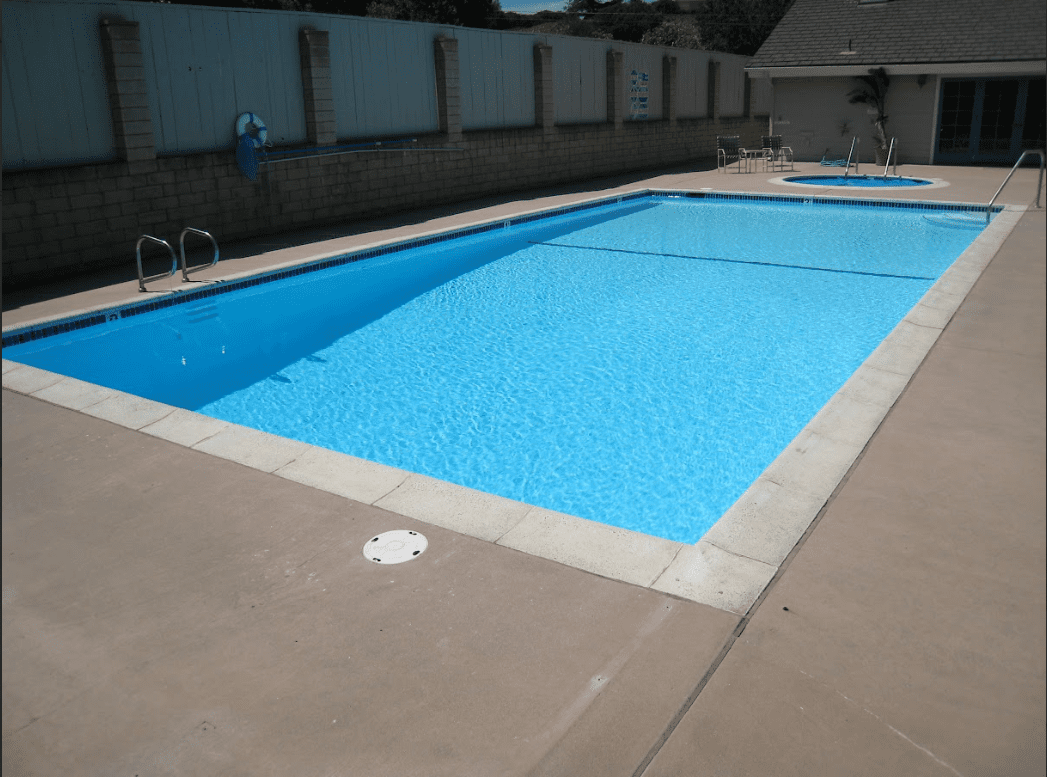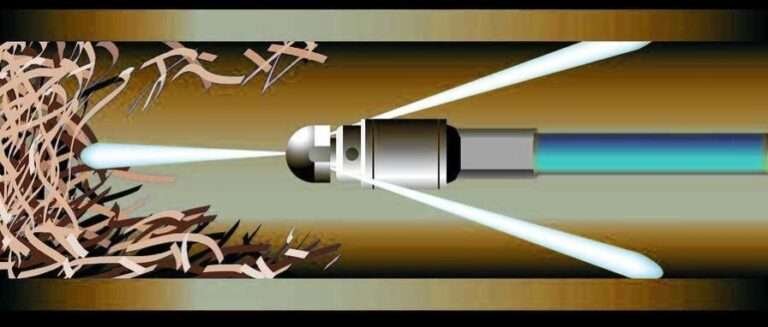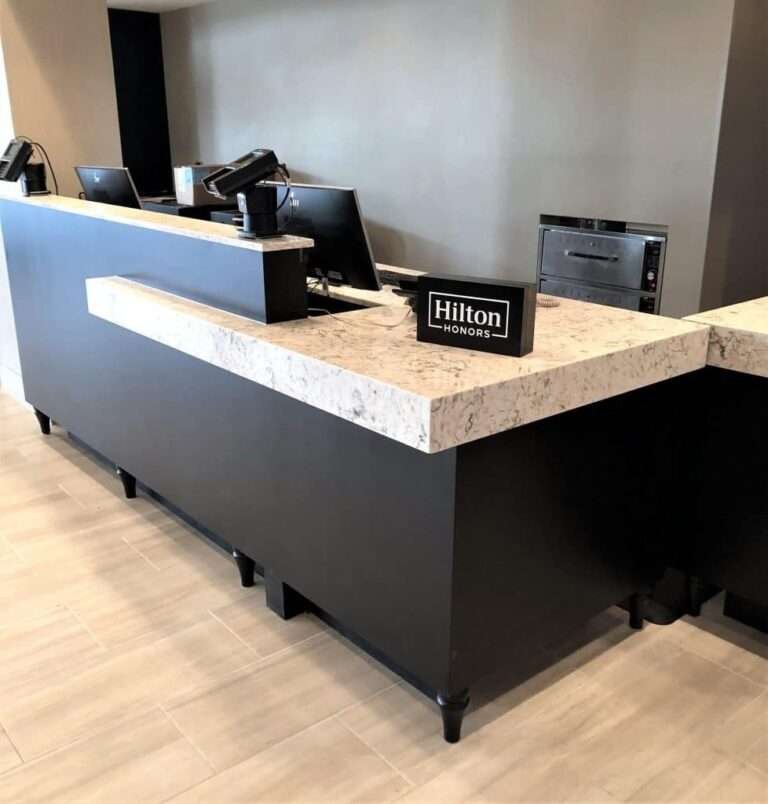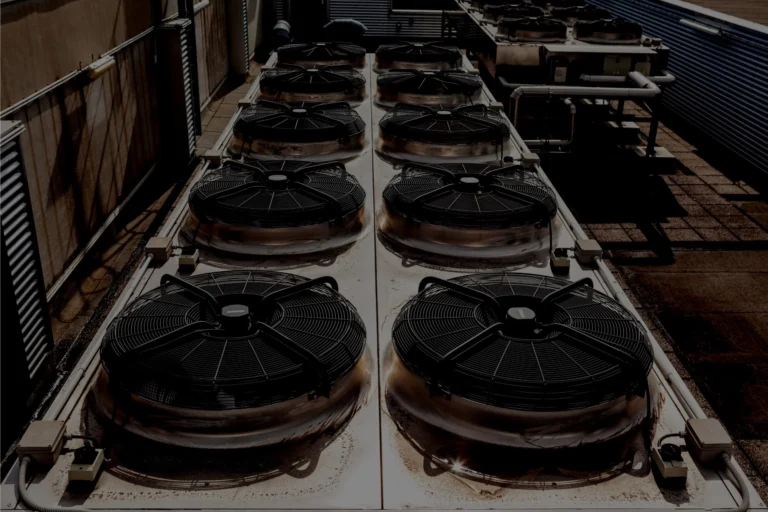Steps for Finding the Ideal Pool Restoration Provider
Over time, even the best-maintained pools will show signs of wear, from fading colors to rough surfaces or visible cracks. Choosing a reputable and skilled pool resurfacing company ensures that the work will be done efficiently, with high-quality materials, and by experts who can guide you through each step. Below is a complete guide to selecting the best pool resurfacing company to achieve your ideal pool.
1. Verify Licensing and Insurance
- Why It Matters: Pool resurfacing requires specialized skills and tools to ensure proper application and a durable finish. Hiring a licensed company confirms that they meet local and state regulations and have the technical expertise required for the job. Insurance protects you from liability in case of any accidents or property damage during the resurfacing process.
- What to Look For: Confirm that the company holds the necessary licenses specific to pool resurfacing for your area. Additionally, ensure they carry liability insurance and worker’s compensation to cover potential accidents or damages, which can provide you with peace of mind during the project.
2. Evaluate Their Experience and Portfolio
- Why It Matters: An experienced pool resurfacing company in Ventura has had the time to develop proven processes and techniques, refine their craftsmanship, and learn how to handle complex resurfacing projects. They’re also more likely to be knowledgeable about the latest advancements in materials and application methods.
- What to Look For: Look for companies with at least five to ten years of experience, as this often indicates stability and a track record of successful projects. Ask for a portfolio that showcases past resurfacing jobs. Specifically, look for projects similar to your own pool type, shape, and surface material. A reputable company should proudly display its past work and be willing to provide case studies or references upon request.
3. Read Customer Reviews and Testimonials
- Why It Matters: Customer reviews and testimonials provide firsthand insights into the company’s reliability, punctuality, communication skills, and, most importantly, the quality of their work. An established company with numerous positive reviews and satisfied clients is a strong indicator of consistent performance.
- What to Look For: Browse reviews on Google, Yelp, the company’s website, and even social media. Look for reviews mentioning the timeliness of the project, communication quality, problem-solving abilities, and overall satisfaction with the result. Be cautious of companies with overwhelmingly positive reviews that seem too good to be true, as well as those with consistently negative feedback or unresolved complaints. Balancing both positive and constructive reviews will give you a fuller picture of their reputation.
4. Consider Their Material Options and Expertise
- Why It Matters: Pool resurfacing can be completed using various materials, each offering unique benefits. Common resurfacing options include plaster, pebble, quartz, and tile, with each having distinct costs, maintenance requirements, and lifespans. A company that offers a range of materials and thoroughly explains the pros and cons of each is better equipped to help you make the right choice for your needs and budget.
- What to Look For: During consultations, ask about the materials the company works with and the advantages of each. A quality company will recommend materials that align with your pool usage, location, and aesthetic goals. For example, plaster is affordable and smooth but may not last as long as pebble or quartz. Pebble is durable and slip-resistant but may cost more upfront. Understanding the company’s expertise with each material can help you make an informed decision for a surface that complements your pool and lifestyle.
5. Ask About Warranties and Service Guarantees
- Why It Matters: Pool resurfacing is a significant investment, so it’s essential to have some assurance that the company stands behind its work. Warranties and service guarantees reflect a company’s confidence in the durability and quality of its materials and craftsmanship. A company offering a robust warranty is generally more committed to customer satisfaction and quality control.
- What to Look For: Look for companies that provide warranties on both materials and labor. These warranties can vary from one to five years, depending on the surface material and the company’s policies. Ask for details on what the warranty covers, such as cracks, discoloration, or delamination, and clarify any maintenance requirements to keep the warranty valid. This can help avoid unexpected expenses and ensure peace of mind that the company will address any issues that may arise post-installation.
Conclusion
Choosing the right pool resurfacing company is crucial to ensuring a beautiful, lasting result. By researching the company’s licensing, experience, customer reviews, material options, and warranties, you can feel confident that you’re hiring professionals who value quality work and customer satisfaction. A trusted resurfacing company can rejuvenate your pool, enhancing both its beauty and functionality. Don’t rush the process—taking the time to find a reputable company will ensure your investment pays off in the long run with a durable and beautiful pool finish.
FAQs
How often should a pool be resurfaced?
Most pools require resurfacing every 10-15 years, though this varies based on pool usage, maintenance, and material. Keeping up with regular maintenance can also extend the time between resurfacing.
What’s the best material for pool resurfacing?
Plaster is affordable but requires more upkeep, while pebble and quartz surfaces are more durable and have a unique texture, though they may be costlier.
How long does pool resurfacing take?
The resurfacing process typically takes about 1-2 weeks, depending on the pool’s size, chosen material, and weather conditions. Some companies may offer expedited services, but it’s essential to allow enough time for proper application and curing.






